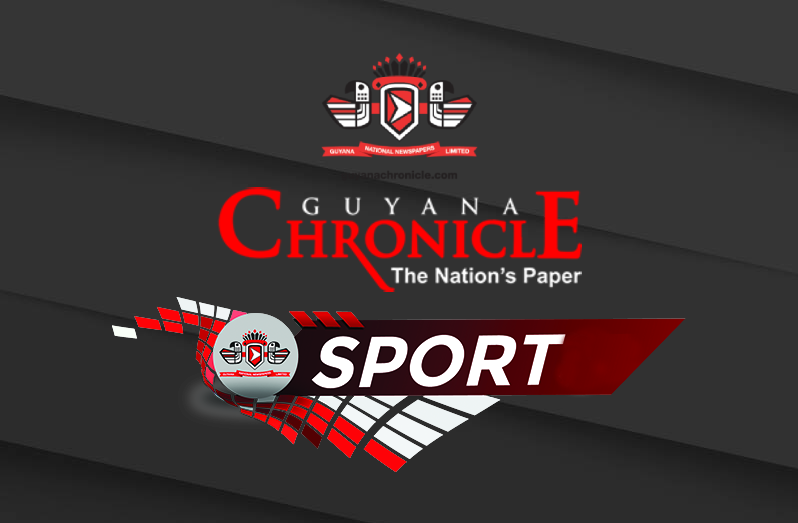(REUTERS) – Olympic chief Jacques Rogge flew into London yesterday a week ahead of the opening ceremony and predicted a “great Games”, giving a boost to organisers who have been on the defensive over a security fiasco, travel disruptions and even persistent rain. The biggest single problem in the run-up to the July 27-August 12 Games has been the shortage of guards to secure venues, after the company G4S failed to meet its staffing targets and thousands of extra soldiers were brought in to fill the gaps.
The Belgian surgeon, overseeing his last Olympics before stepping down as International Olympic Committee (IOC) president next year, added that in spite of “some difficulties”, preparations for the greatest show on earth had been sound.
“I believe this will be a great Games,” he told Reuters at the official IOC hotel in central London.
He was equally sanguine about the weather, a favourite topic of discussion among reporters and members of the public after some of the wettest months on record.
“It might affect in a minor way scheduling for tennis at Wimbledon, but other than that I do not see many problems.”
His comments will be welcomed by Sebastian Coe, chairman of the London Olympic organising committee (LOCOG) and a gold medal winner, who has faced a barrage of questions about a series of organisational hitches that have dominated headlines in Britain.
Transport delays loom over the event, with border officials going on strike on July 26 and train drivers in central England walking out from August 6-8 during the final week of the Games.
Athletes as well as visitors could be caught up in the disruption, with Australia’s cycling team among those due to arrive in Britain on July 26.
“We are in discussions with LOCOG and they are aware of it,” said Nick Green, Australian chef de mission.
TORCH ARRIVES
Coe is hoping the arrival of the Olympic torch in the capital yesterday, when it will be abseiled into the Tower of London from a helicopter, will help steer the focus away from disruptions and towards the thrill of sporting contests.
“The torch is arriving in London today, the sport will start literally hours after the opening ceremony,” he said. “That’s what we have spent seven years delivering and I think the teams have done a pretty good job.”
The emotion of competition will be matched by the human drama behind many athletes competing for medals in 2012.
Some of the biggest names in sport are already in Britain preparing for their events, including Jamaican Usain Bolt, the sprinter who stole the show in Beijing in 2008 by destroying the world 100 and 200 metres records.
Less recognisable but with a story no less compelling, Libya’s small team will compete in judo, swimming, athletics and weight-lifting although the country’s Olympic committee president was kidnapped by gunmen in Tripoli on Sunday.
Yesterday, French athlete Nour-Eddine Gezzar, who had been selected to represent France in the steeplechase, was provisionally suspended after failing a dope test.
And Spain’s Olympic federation announced that basketball player Pau Gasol would be the country’s flag-bearer at the opening ceremony, replacing Rafael Nadal who was forced to pull out of the London Games due to injury.
‘ENOUGH WHIMPERING’
London mayor Boris Johnson was typically blunt in his appeal to the public and media to concentrate on the positives.
“Oh come off it, everybody – enough whimpering,” he wrote in the Sun tabloid.
“Cut out the whining. And as for you whingers, put a sock in it, fast. We are about to stage the greatest show on earth in the greatest city on earth, and if you believe much of the media we are all in the grip of paralysing stage fright.”
Headlines about the sometimes bumpy road to the opening ceremony have been concentrated largely in the local press, but they have also spread further afield.
The German weekly Der Spiegel, in its latest edition published earlier this week, was highly critical of everything from the rain to the infrastructure. “London and the Olympic Games are not made for each other,” it opined.
In Britain yesterday, attention turned to the issue of sponsorship when Coe was asked whether spectators would be allowed to wear Pepsi T-shirts even though its rival Coca-Cola is a sponsor.
Coe said he thought this would probably not be permitted, but LOCOG later clarified his remarks.
“Any individual coming into our venues can wear any item of clothing, branded or otherwise,” said a spokesman. “The only issue is if large groups come in together wearing clearly visible branding/marketing.”
LOCOG was also called in by Britain’s Border Force to check around 10 000 counterfeit Olympic flags from China seized last week at Heathrow Airport. Estimated to be worth around £100 000 ($156 000), they will now be destroyed.




.jpg)









